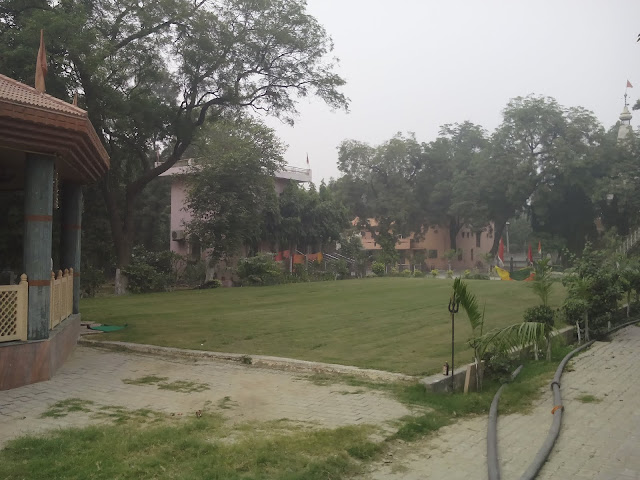The famous Sanskrit shloka "Karmanya Vadhikaraste Maa Phaleshu Kadachan" offers a strategy for living life that is incomparable.
This sholka can be literally translated into English as "Continue with your efforts and never worry about the results".
At first thought it might appear that it runs on the face of result-orientation in today's society.
On the contrary just the opposite is actually true.
Individuals and institutions are so much focused on return on investment today that the first question that arises always is "what's in it for me?".
However at times this leads into unhealthy competition.
Rather than trying to do one's best the attention shifts to prove that one has done the best as compared to the others.
And in the process the results achieved are lesser than what could have been otherwise.
The Sanskrit shloka does indeed say that one should "never worry about the results" but it implies very subtly that one should be so much engrossed in taking the actions that complete, unwavering attention should be on taking the actions in the best possible manner and certainly with concern about the results but in a very very healthy manner.
And if one takes actions in this way the results will certainly be the best possible one could have achieved.
This sholka can be literally translated into English as "Continue with your efforts and never worry about the results".
At first thought it might appear that it runs on the face of result-orientation in today's society.
On the contrary just the opposite is actually true.
Individuals and institutions are so much focused on return on investment today that the first question that arises always is "what's in it for me?".
However at times this leads into unhealthy competition.
Rather than trying to do one's best the attention shifts to prove that one has done the best as compared to the others.
And in the process the results achieved are lesser than what could have been otherwise.
The Sanskrit shloka does indeed say that one should "never worry about the results" but it implies very subtly that one should be so much engrossed in taking the actions that complete, unwavering attention should be on taking the actions in the best possible manner and certainly with concern about the results but in a very very healthy manner.
And if one takes actions in this way the results will certainly be the best possible one could have achieved.







